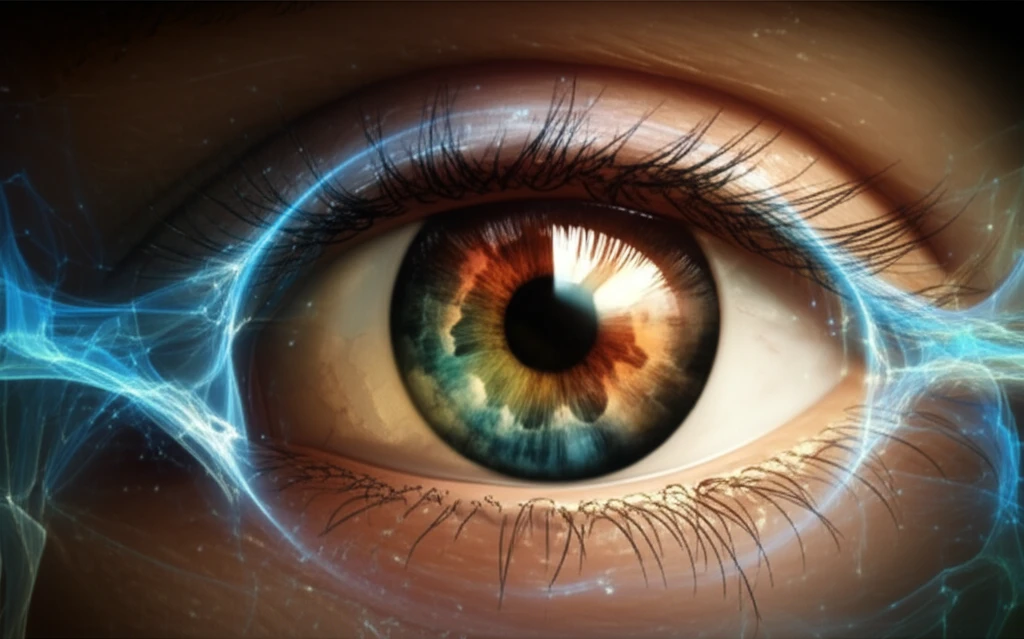
Eyesight Setbacks? Exploring Innovative Retina Treatment and Care
"A Comprehensive Guide to Understanding and Managing Retinal Conditions for Optimal Vision Health"
Maintaining good eyesight is crucial for overall well-being and quality of life. The retina, a delicate layer of tissue at the back of the eye, plays a vital role in vision. However, various conditions can affect the retina, leading to vision impairment or even blindness. Understanding these conditions and available treatments is essential for proactive eye care.
This article delves into several key areas of retinal health, drawing from recent research to provide insights into the causes, treatments, and management strategies for common retinal conditions. We will explore the latest findings on macular holes, epiretinal membranes, age-related macular degeneration (AMD), and other conditions that impact retinal health.
Whether you're seeking information about a specific diagnosis, exploring treatment options, or simply aiming to understand how to protect your eyesight, this guide offers valuable information to help you navigate the complexities of retinal health and make informed decisions about your eye care.
Understanding Macular Holes: Repairing the Retina

A macular hole is a small break in the macula, the central part of the retina responsible for sharp, central vision. This condition can cause blurred vision, distortion, and difficulty with tasks such as reading or driving. Research has explored the outcomes of surgical interventions for macular holes, particularly when initial treatments have been unsuccessful.
- Revision surgery was successful in the majority of cases (85%).
- Patients experienced good long-term visual outcomes following the procedure.
Protecting Your Vision: Proactive Steps for Retinal Health
Maintaining good retinal health requires a proactive approach that includes regular eye exams, a healthy lifestyle, and awareness of potential risk factors. By understanding the various conditions that can affect the retina and the available treatments, you can take steps to protect your vision and maintain your quality of life.
If you experience any changes in your vision, such as blurred vision, distortion, or difficulty seeing in low light, it is essential to consult with an ophthalmologist or retinal specialist promptly. Early diagnosis and treatment can often prevent or slow the progression of retinal diseases and preserve your eyesight.
Stay informed about the latest advancements in retinal research and treatment, and work closely with your eye care provider to develop a personalized plan for maintaining optimal retinal health. With the right care and attention, you can enjoy clear, healthy vision for years to come.
